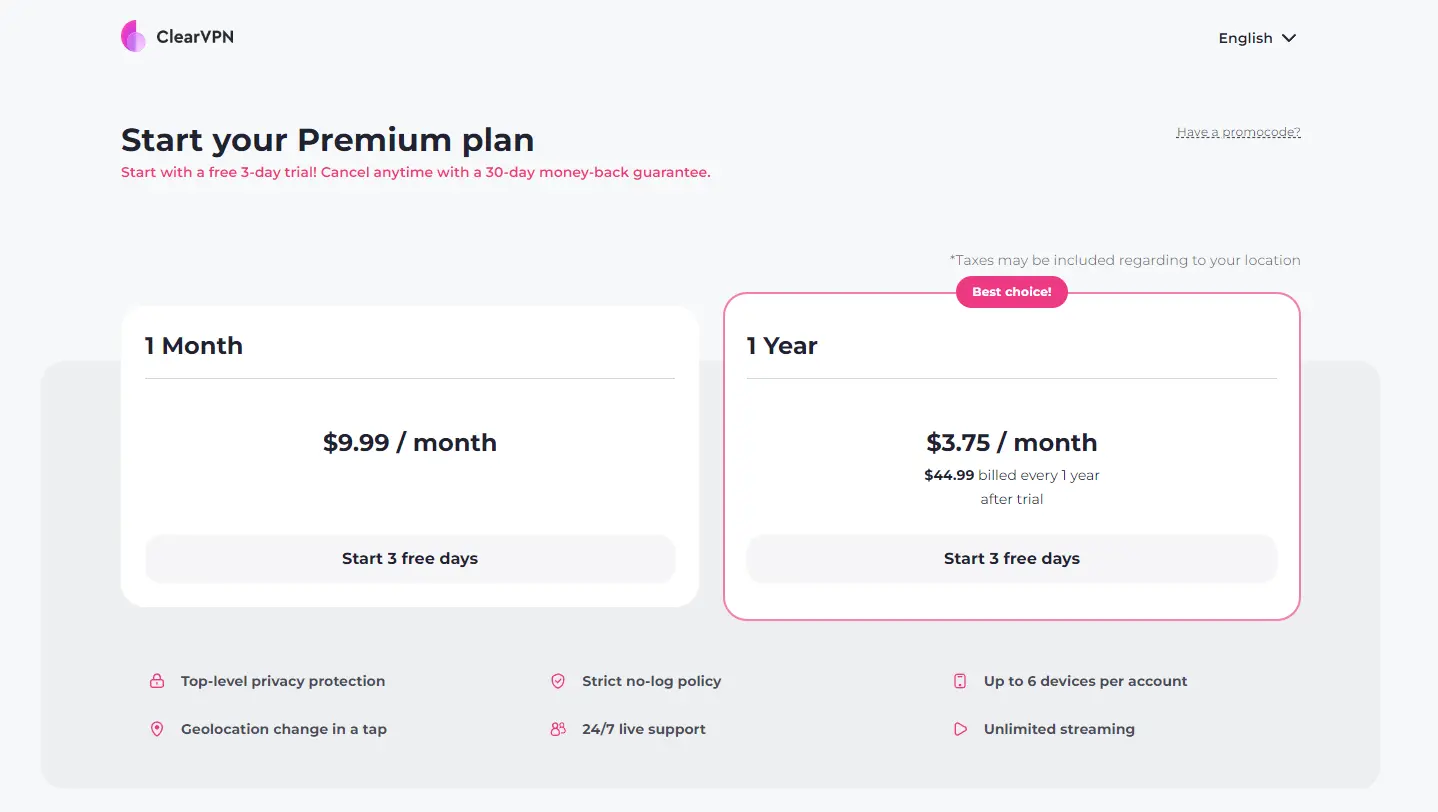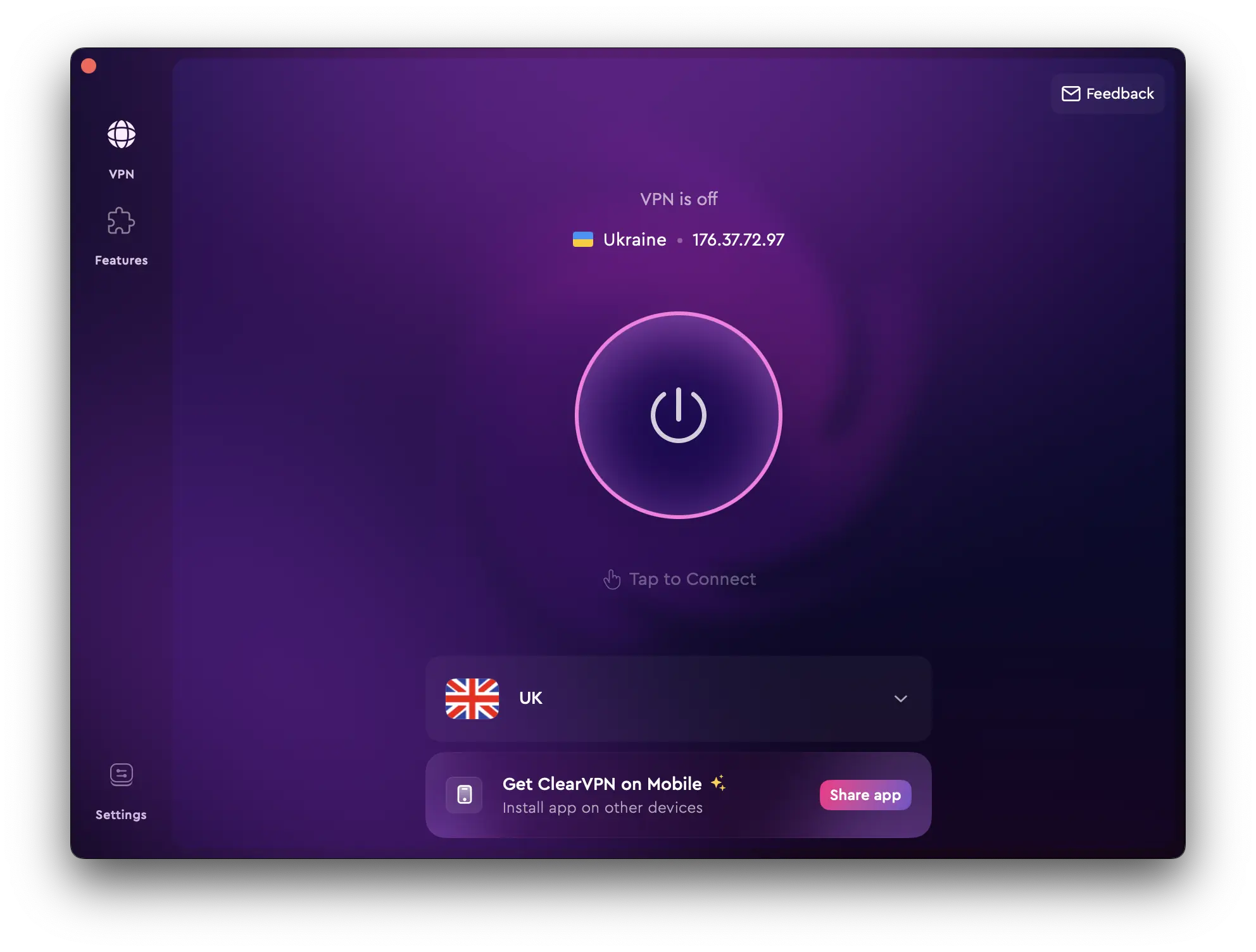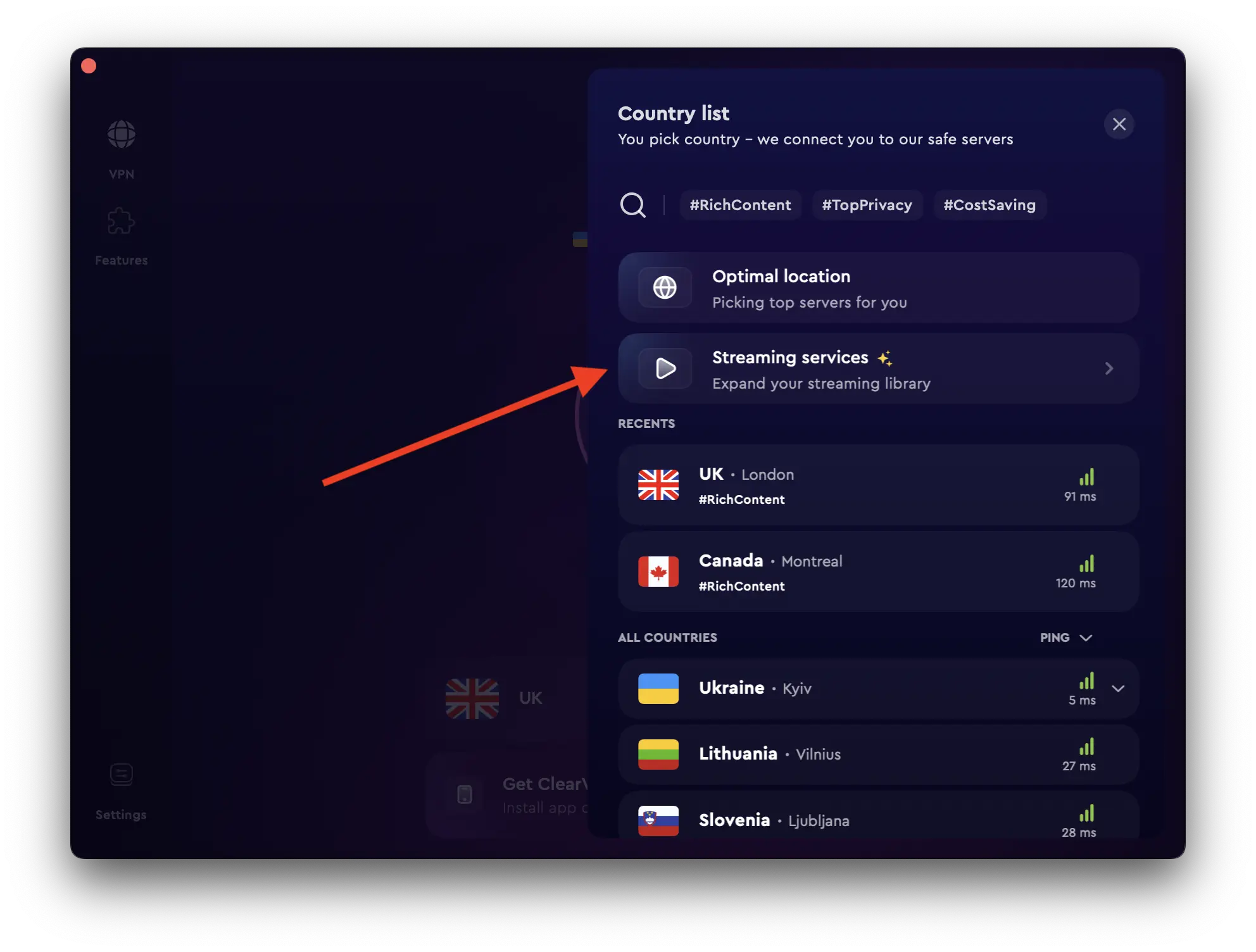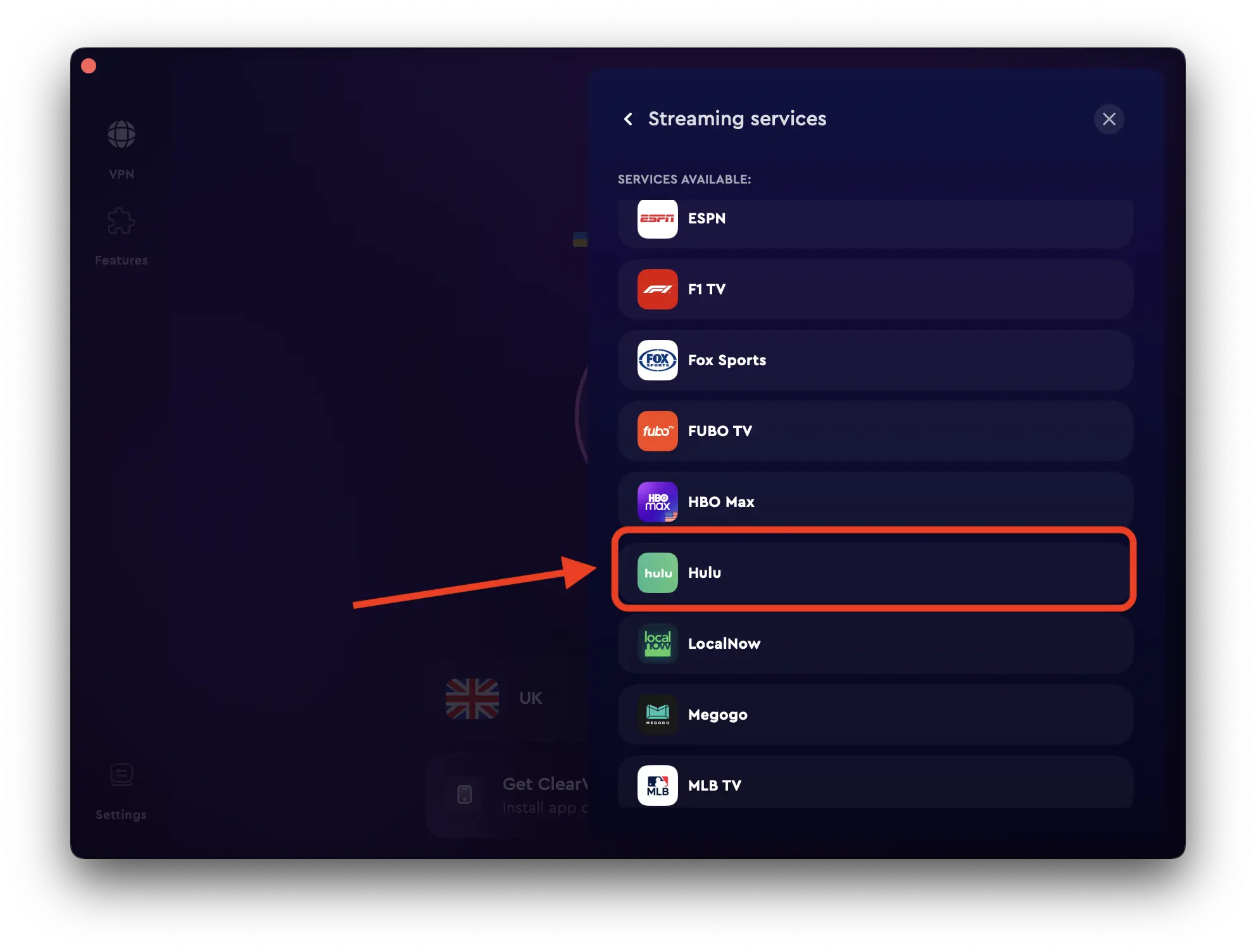In an age where online privacy is increasingly at risk, many users find themselves asking — is a VPN worth it? Virtual Private Networks (VPNs) promise enhanced security, anonymity, and unrestricted access to global content. But is that enough to justify the cost?
As our digital lives become more intertwined with issues of data leakage, identity theft, and government surveillance, the allure of a VPN becomes more compelling than ever. However, with countless options available on the market and varying price points, determining the true value of a VPN isn’t always clear-cut.
Join us in this quick guide as we explore the potential benefits of using a VPN, consider their associated costs, and help you make an informed decision in 2024 and beyond.
So is VPN worth it?
First things first — let’s establish what a VPN actually is.
At its core, a VPN is a service that creates a secure and encrypted connection between your device and the internet. This means that all of your online activity is routed through a remote server, making it difficult for anyone to intercept or track your data.
Picture a tunnel between your device and the internet. Instead of traveling open and unsecured, your data is now shielded within this tunnel. This not only protects your online activity from potential threats but also hides your IP address, making it harder for websites to track and collect information about you.
However, as with any service, understanding the cost versus the benefit of using a VPN is important before making a decision to subscribe. That requires taking a closer look at what exactly you gain by using a VPN.
Understanding VPN pricing
When considering a VPN, it’s essential to examine the typical costs associated with various services. For instance, ClearVPN offers subscription plans priced at approximately $9.99 per month or $45 for an annual plan.
These rates reflect a growing trend where users can benefit from consistent and high-quality service without breaking the bank. While some providers may charge more, it’s important to look at the value being offered in return.
Justifying the price of VPN services involves understanding what goes into delivering such a product. First and foremost, VPN providers invest in robust infrastructure to maintain high-speed servers across multiple geographical locations. This ensures that users can enjoy fast and reliable internet connections without interruptions.
Additionally, companies typically incur costs related to software development, customer support, and ongoing security audits to protect user data and maintain their privacy promises. Premium features like multi-device support, advanced encryption protocols, and zero-logging policies can also affect pricing.
While the upfront costs may seem significant, weighing these against potential VPN uses can provide a clearer picture of whether subscribing to a VPN is worth the investment.
What can you get with a VPN?
As we dive deeper into the advantages of using a VPN, it’s clear that the benefits extend far beyond mere online privacy. A VPN not only acts as a shield against cyber threats but also opens up a world of opportunities for users to save money and access content that may otherwise be restricted due to geographical limitations.
Below, we will explore specific areas where a VPN can prove to be invaluable.
Cybersecurity
One of the primary reasons individuals opt for a VPN is the enhanced cybersecurity it offers. When you connect to the internet using a public Wi-Fi network—like those in coffee shops, airports, or hotels—your data is often vulnerable to interception by malicious actors.
A VPN provides a secure layer of encryption, which protects your data transmissions from prying eyes. This encryption ensures that sensitive information, such as passwords, credit card numbers, and personal messages, remains confidential even when accessed over an unsecured network.
Moreover, VPNs help defend against certain cyber threats, including hackers and snoopers who may attempt to exploit weaknesses in public Wi-Fi networks. With features like kill switches (which automatically sever your internet connection should the VPN fail), users can maintain their security and prevent data leaks.
By masking your IP address, a VPN also protects your online identity, making it more difficult for cybercriminals to engage in unauthorized tracking or intrusion attempts. The inclusion of a VPN in your online security toolkit is one of the best ways to stay safe online, and for many people, that alone makes it worth the cost.
Money saving opportunities
In addition to enhancing security, VPNs can lead to significant financial savings for users. Many online services, such as airlines and hotel booking websites, employ dynamic pricing strategies that adjust costs based on the user’s geographic location.
By connecting to a VPN server in a different country, you can potentially unlock access to cheaper flights and hotel prices that may not be available in your local market. This tactic can save travelers a considerable amount of money, effectively allowing them to stretch their budgets further.
Moreover, VPNs facilitate the use of different subscription services at reduced rates, as many streaming platforms and digital content providers offer varying prices based on region. For instance, did you know that Netflix users in countries like Pakistan, Egypt, and India only pay $3 to $6 a month for premium subscriptions (Standard plan)? Now compare that to the $15.49 you pay for the same subscription in the US, and you can see how using a VPN could save you quite a bit of money.
This is not true just for Netflix — a similar trend exists for services like Spotify, Amazon Prime Video, and many more. This means that with a VPN, you can easily switch between different server locations to access these varying prices and take advantage of potential discounts. In the long run, these savings can add up, making a VPN worth the investment.
Access to restricted content
Finally, VPNs provide the ability to circumvent geo-restrictions, effectively allowing users to watch streaming services that aren’t available in their region. This access not only enriches entertainment options but also broadens cultural horizons by enabling exploration of global content.
For instance, many popular platforms like BBC iPlayer and Hulu have content libraries that are exclusively accessible to specific countries. By using a VPN to connect to a server in the desired region, users can unlock these services, gaining an enriched entertainment experience with a diverse array of shows and movies.
Here’s how easily you can do this with ClearVPN
- Let’s assume that you’re already logged in to the ClearVPN app (available on Mac, Windows, Android and iOS), and want to get access to Hulu, which is not currently available from your location (just an example). All you have to do is tap/click on “Locations”button in the bottom of the screen.

- Next, select “Streaming services”.

- Then, select the streaming service that you wish to unblock. In this case, Hulu.

And voila! You now have access to Hulu, even if it’s not normally available from your location.
In a world that is increasingly reliant on digital content, having the capability to overcome such geographical barriers enhances not only personal enjoyment but also fosters a global community of shared experiences. This versatility makes VPN subscriptions increasingly appealing to many users, from casual viewers to avid fans of international media.
Why do premium VPNs cost more?
Now that we’ve gone over the various benefits of using a VPN, it’s essential to understand why premium VPNs come with a higher price tag. One of the primary factors contributing to the cost is the expense associated with renting or purchasing servers in multiple countries.
To provide users with a reliable and high-performance experience, VPN providers must maintain a network of servers that span across various geographic locations. This diverse server infrastructure is crucial for ensuring fast connection speeds and stable performance, as users can connect to servers that are geographically closer to them, reducing latency and improving overall experience.
Of course, the operational costs of running a VPN service extend beyond just infrastructure and include significant investments in support teams and customer service. A dedicated customer support infrastructure is essential for addressing user inquiries, troubleshooting connection issues, and providing assistance with software installation or configuration.
Furthermore, VPN providers need to invest in ongoing app development, ensuring that their software is user-friendly and equipped with the latest security features and performance enhancements. This constant evolution of technology requires substantial financial resources, as does strategic marketing to attract new subscribers and retain existing ones.
Overall, these operational costs are an integral part of maintaining a premium service that meets user expectations while ensuring a secure online experience.
What about free VPNs?
When considering VPN options, many users may be lured in by the availability of free VPN services. However, it’s crucial to acknowledge the limitations and potential risks associated with these free offerings.
Free VPNs often come with significant limitations that can affect user experience and safety. For starters, they may impose data caps, throttled bandwidth, and limited server options, resulting in slow connection speeds and an overall frustrating experience.
Additionally, there are a ton of privacy and cybersecurity concerns in using a free VPN. Many rely on questionable business practices, such as logging user data or injecting ads into the browsing experience. Some free VPN providers have even been found to sell user data to third parties, compromising the very purpose of using a VPN.
Ultimately, while the lack of a cost may be enticing, free VPNs come with significant trade-offs in terms of performance, security, and privacy that’s not worth the risk. It’s always best to invest in a premium VPN service that can offer reliable protection and an optimal online experience.
